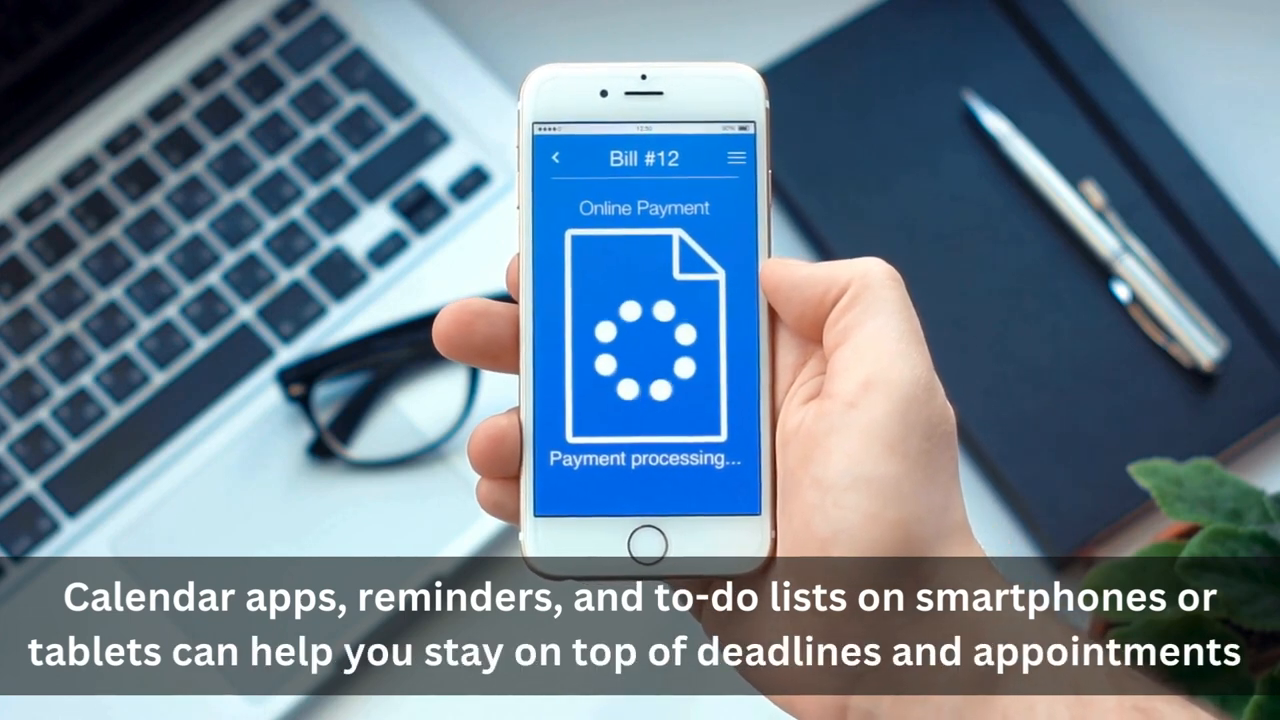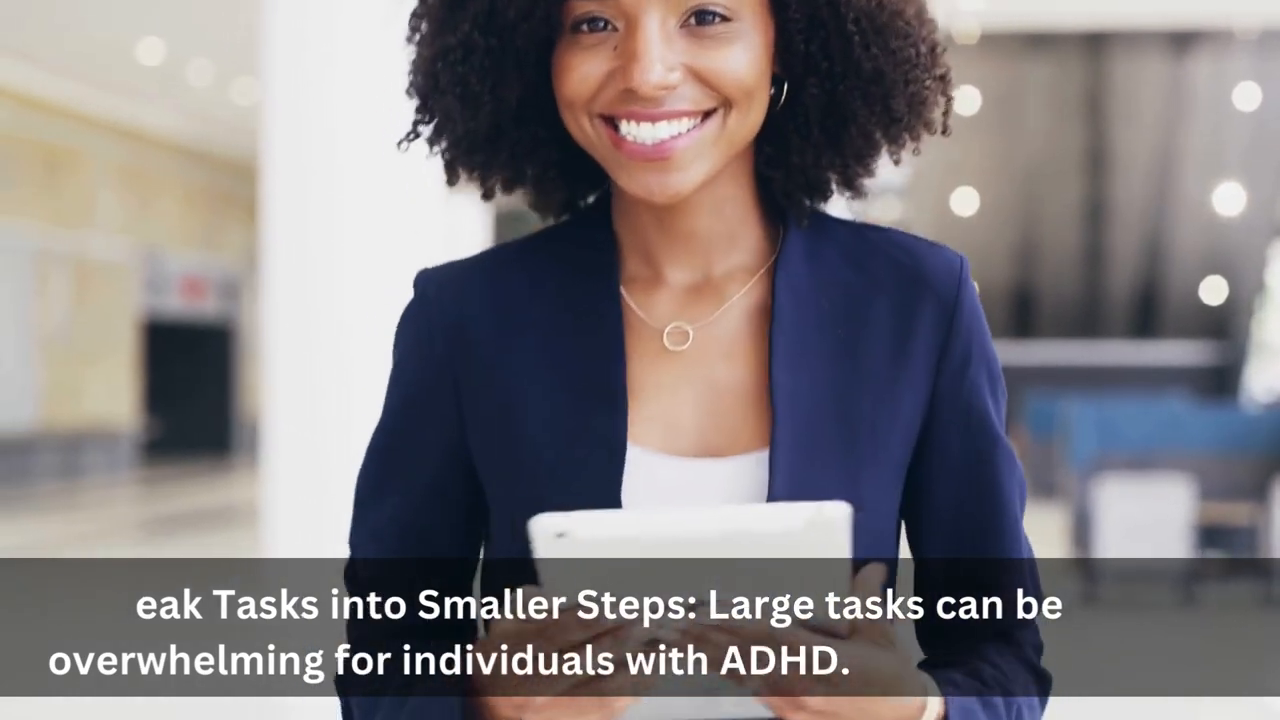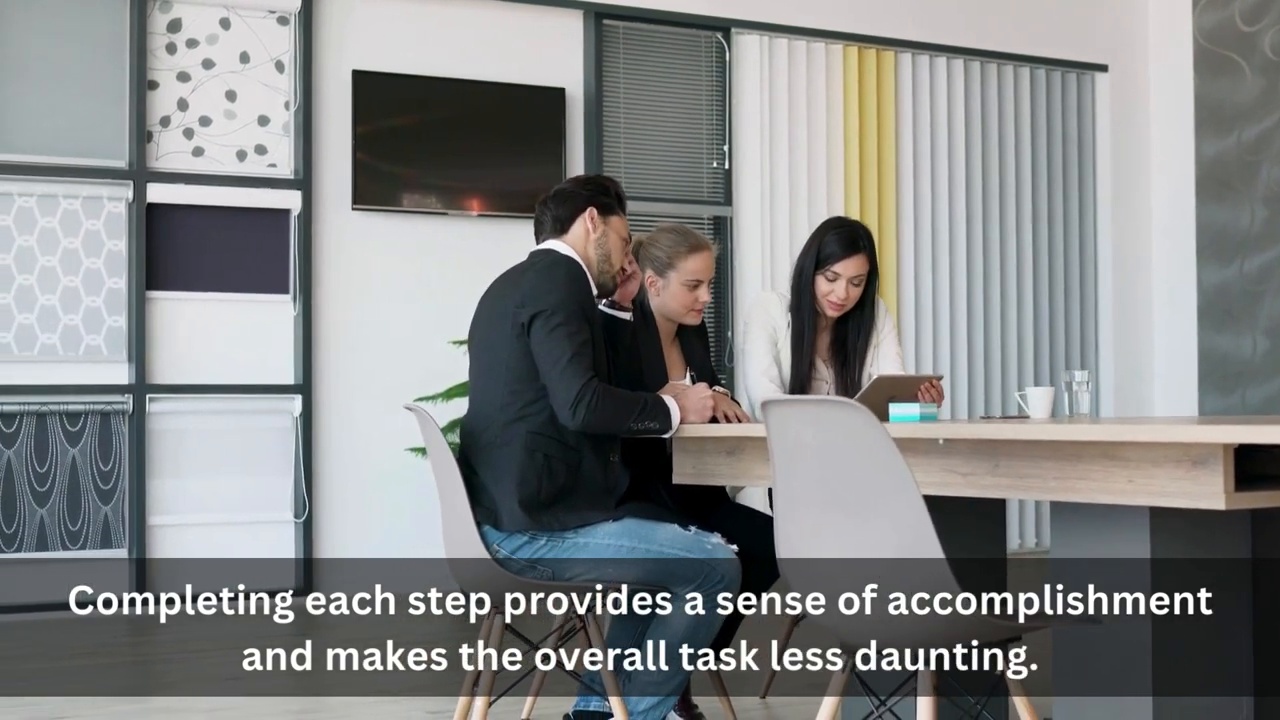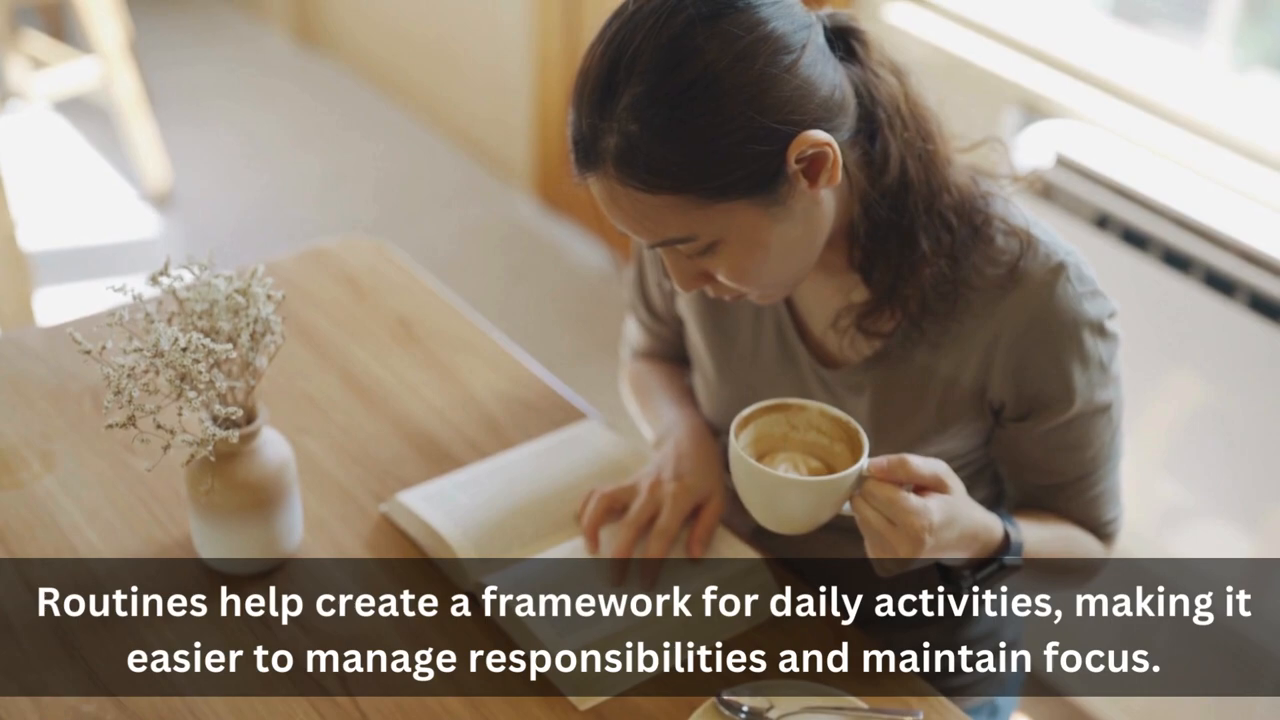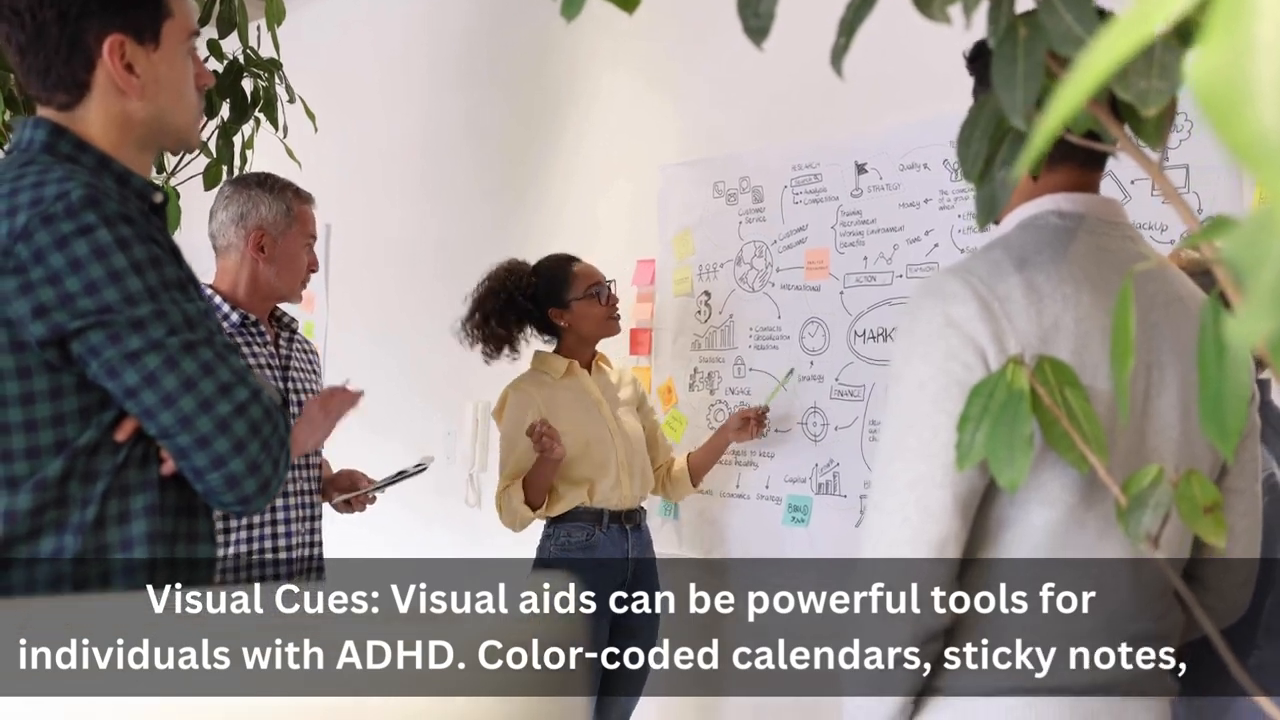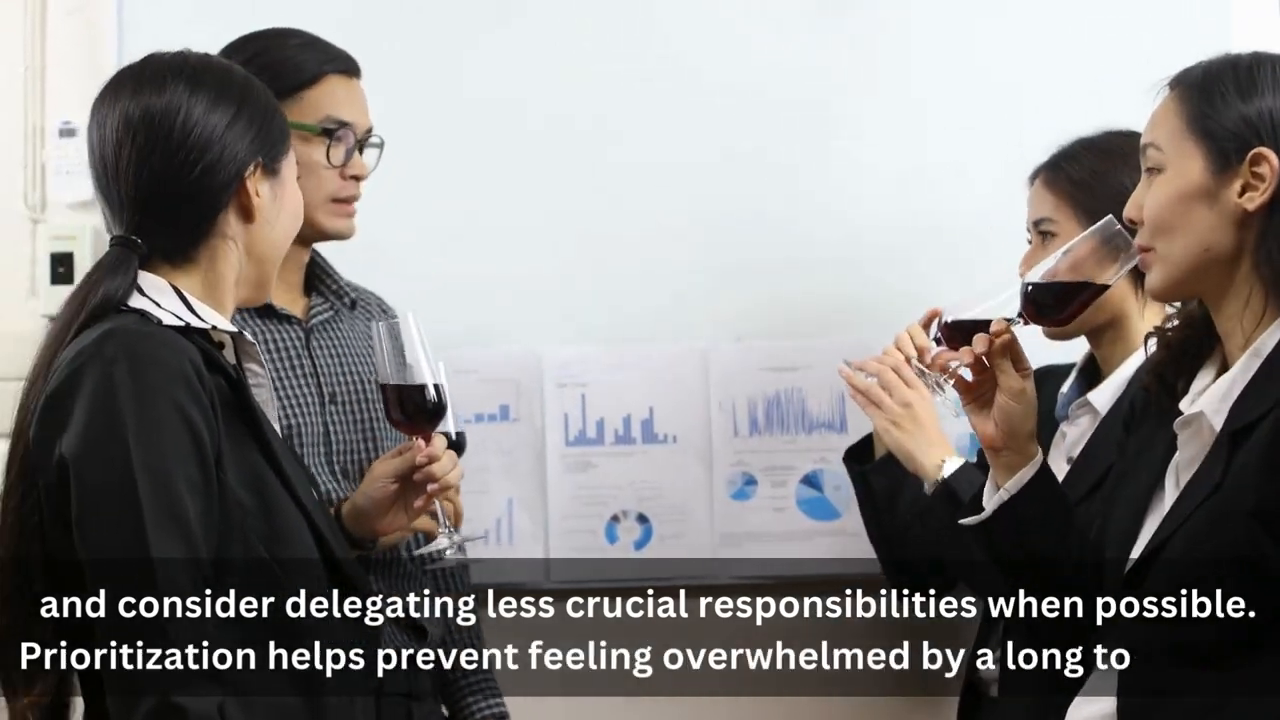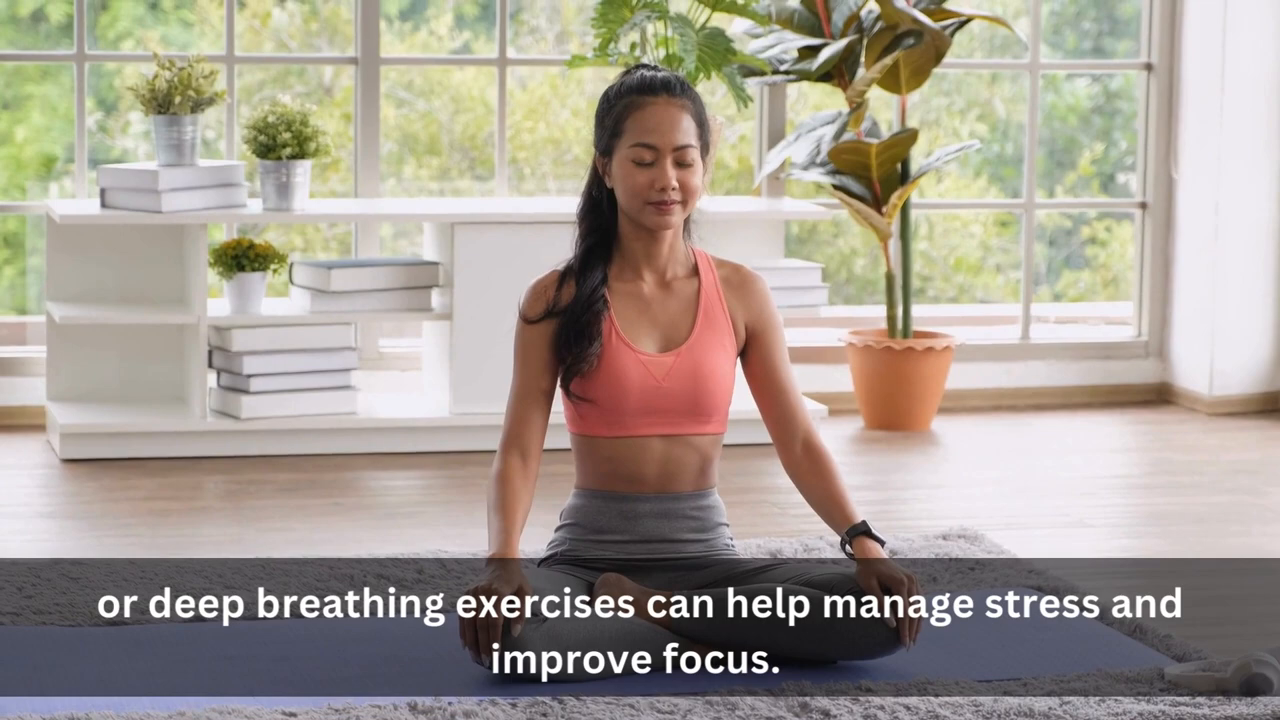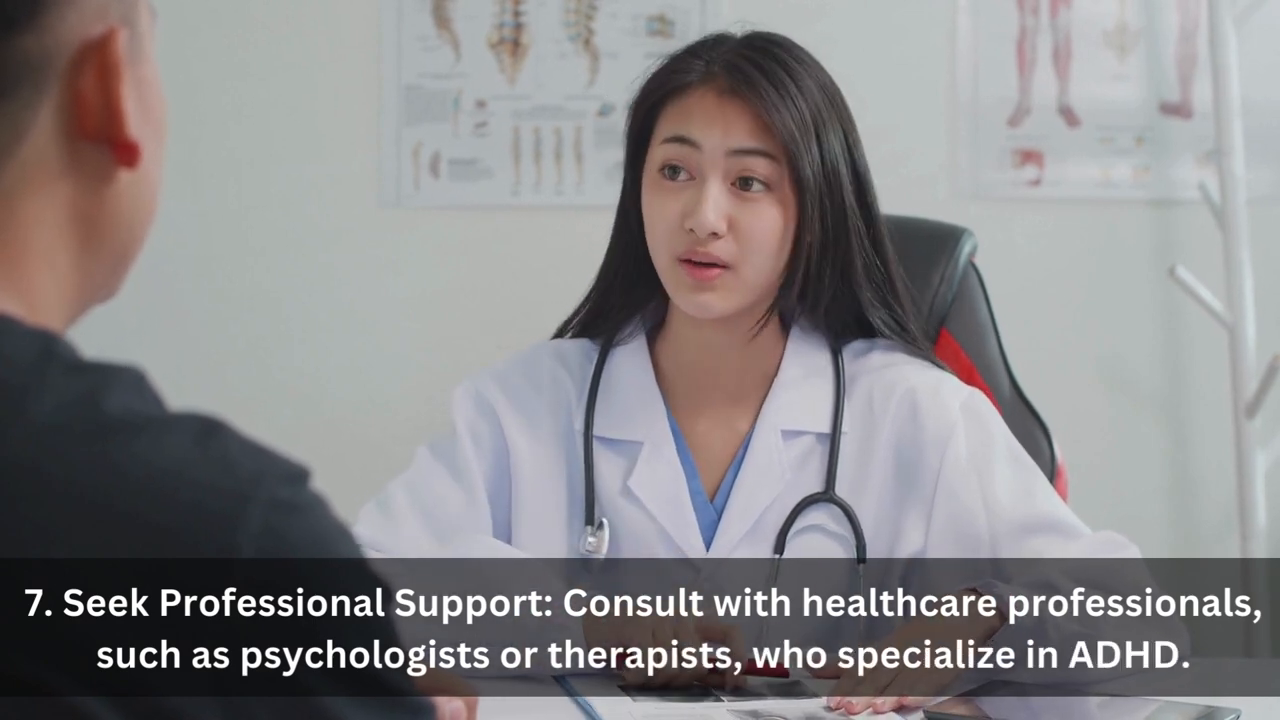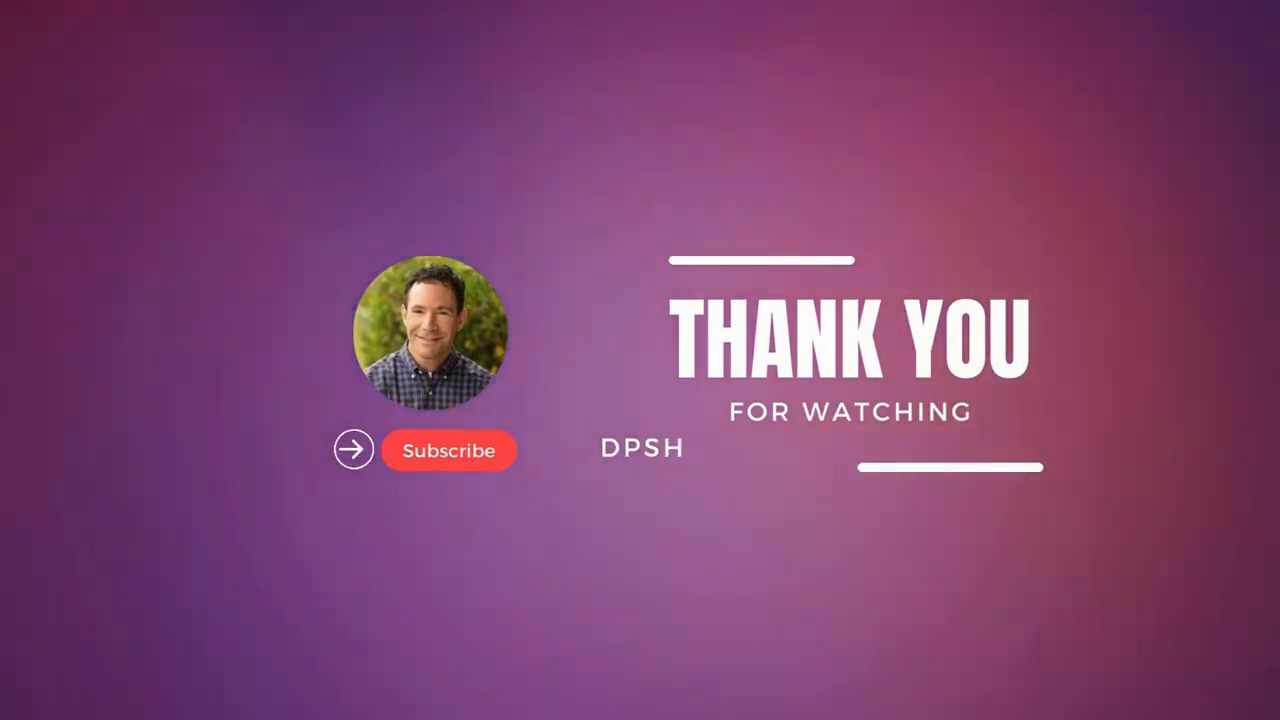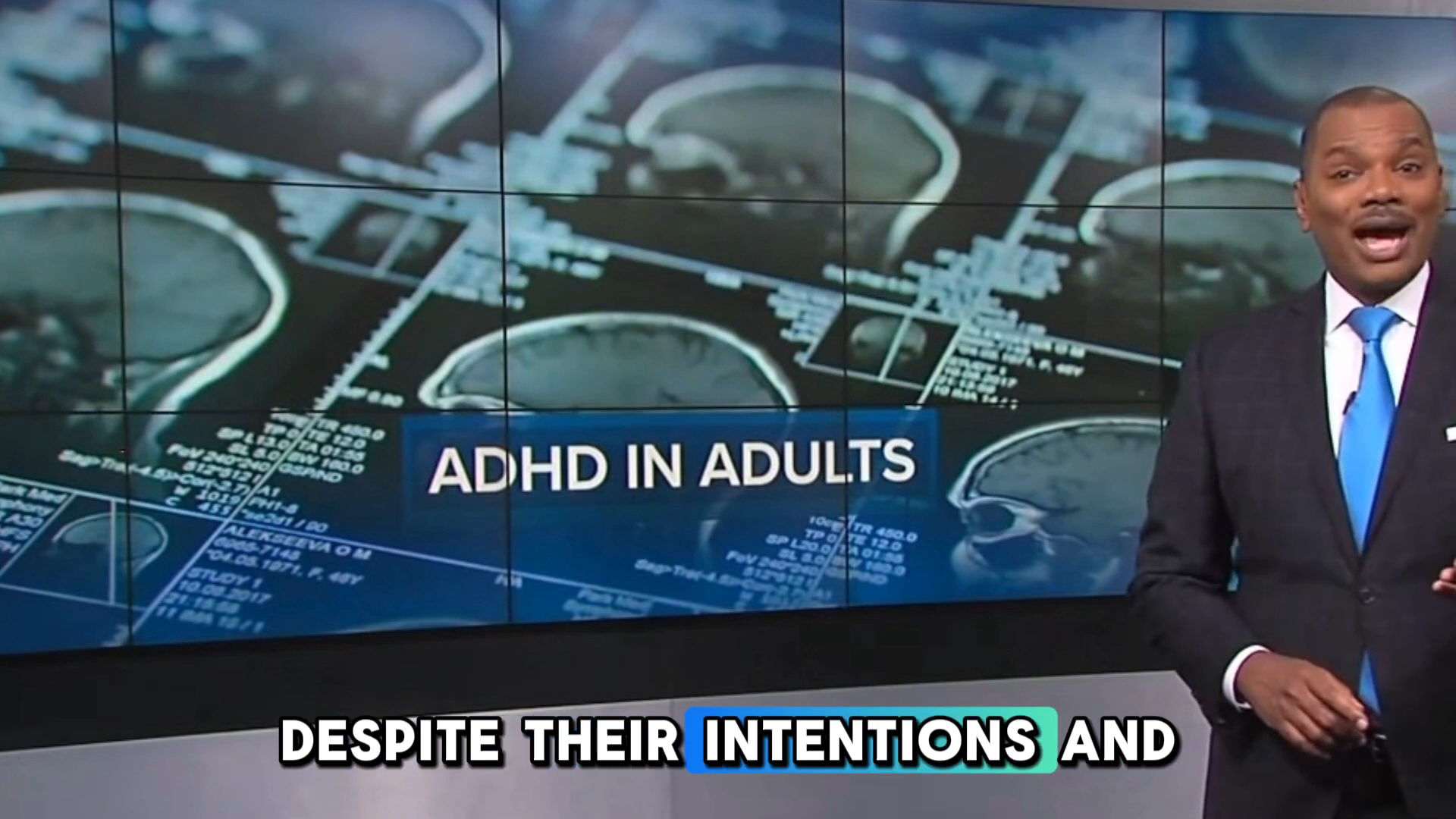
Why do people with ADHD procrastinate so often? This is a question that has puzzled many and impacted the lives of millions. Understanding the reasons behind this behavior can help us find ways to manage it better.
Diving into the Real Causes of Procrastination in ADHD
Executive Function and Time Management
Let’s dive deep into the real causes of procrastination for people with ADHD and how it affects their daily lives. People with ADHD have difficulty managing time due to issues with executive function. This makes organizing tasks harder and often leads them to constantly delay starting or finishing tasks, even if they know it’s important. They often feel overwhelmed by the number of tasks or their complexity, creating a sense of mental paralysis. This mental paralysis can make it even more challenging to take action despite their intentions and awareness of deadlines. Time seems to slip away as they try to focus.
Instant Gratification and Dopamine
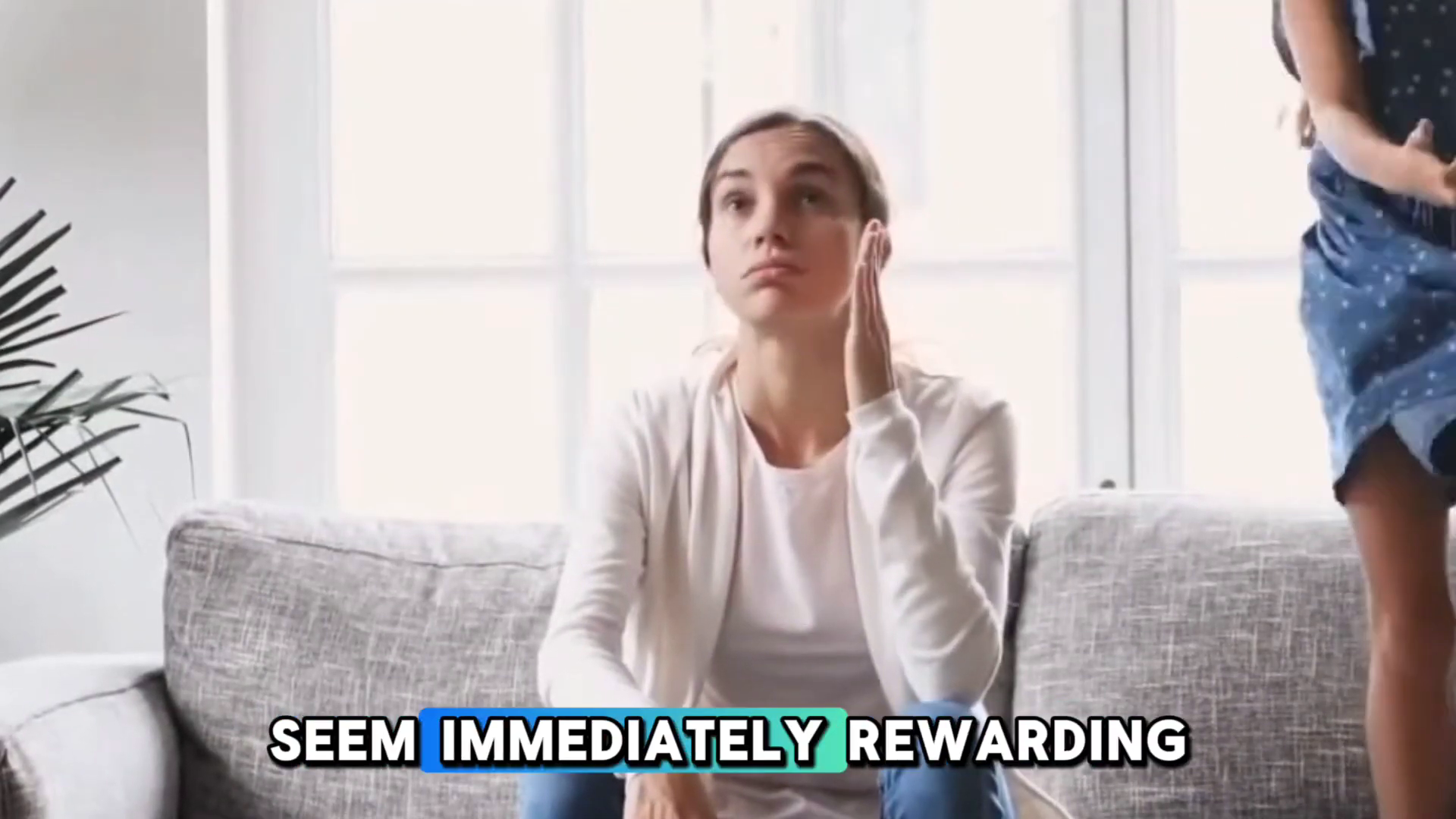
In addition, people with ADHD tend to seek instant gratification, making it hard to focus on long-term goals. The brain craves dopamine, and tasks that don’t seem immediately rewarding get pushed aside. The need for constant stimulation can make it tough to focus on tasks that require sustained effort, especially when these tasks seem boring or repetitive.
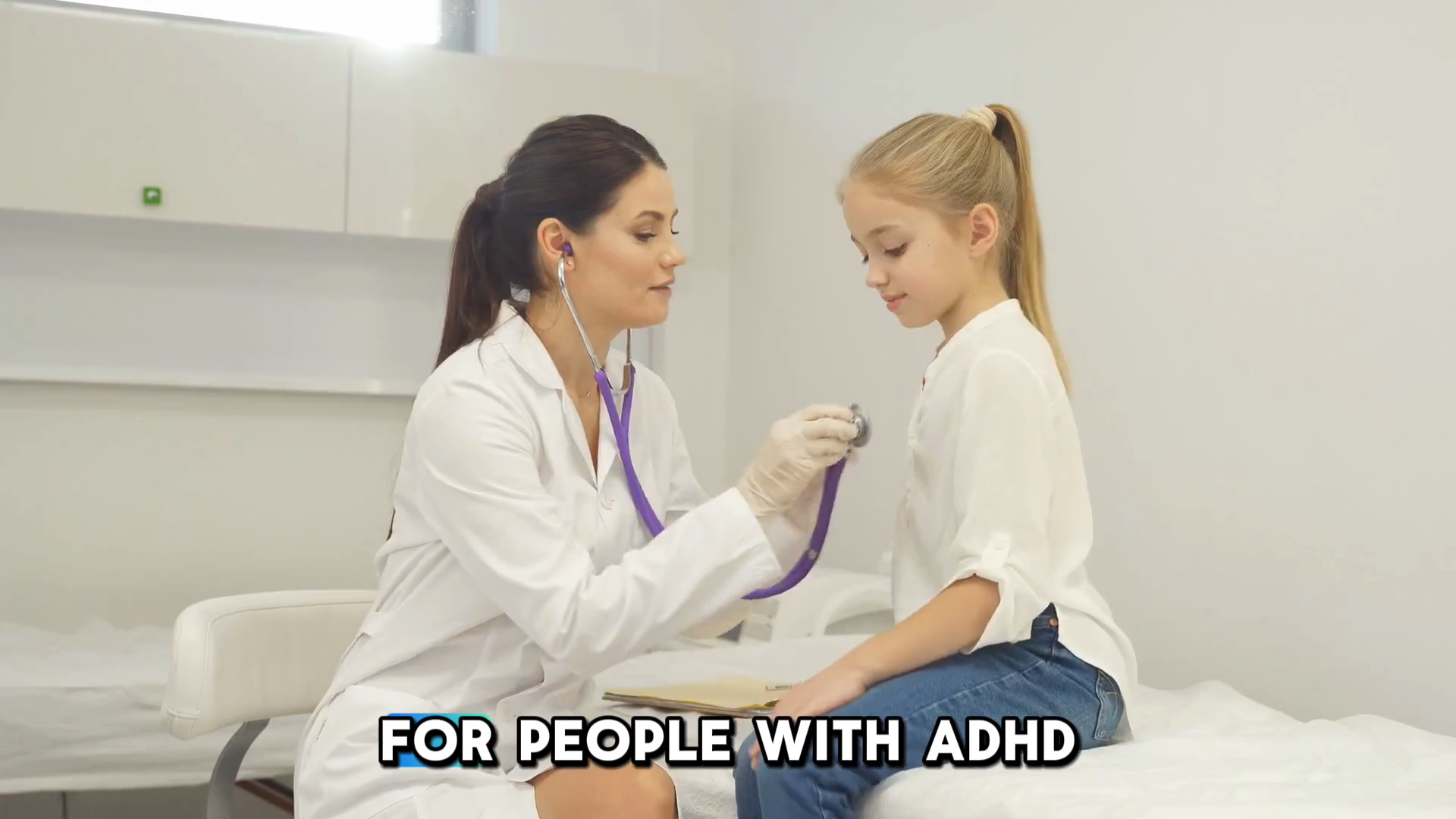
Emotional Regulation and Avoidance
Another major factor is emotional regulation. Those with ADHD can feel frustration, boredom, or anxiety when faced with certain tasks, leading to avoidance. Instead of tackling the task head-on, they may distract themselves with more pleasurable activities, further increasing their procrastination.
Skewed Perception of Time
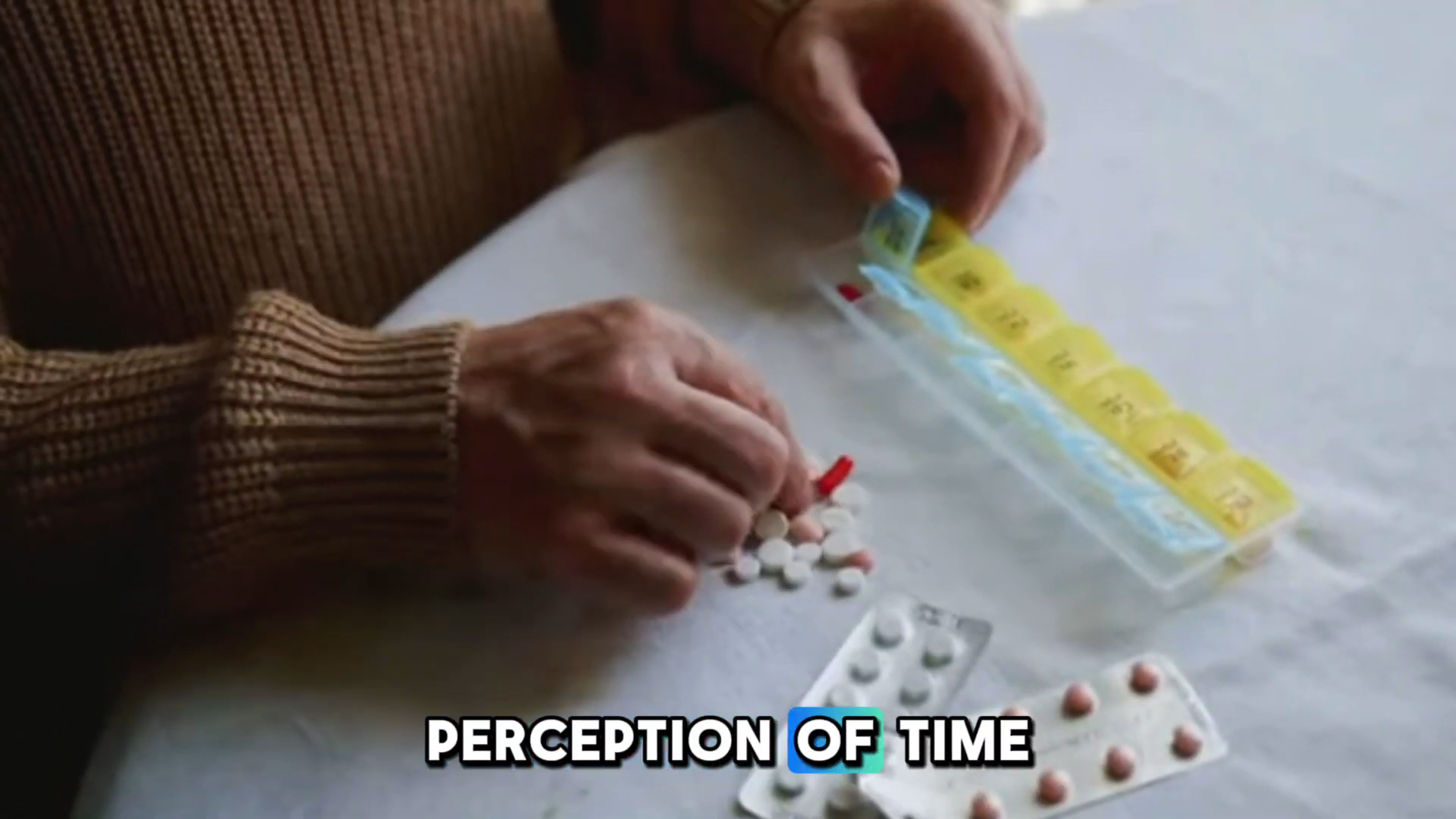
It’s also important to note that people with ADHD often have a skewed perception of time. They may underestimate how long a task will take, thinking they can do it later, only to find themselves rushed or out of time. This inability to accurately gauge time makes them more prone to delaying responsibilities until the last minute.
“The cycle of delay, guilt, and frustration feeds into itself, making it harder to break free.”
Procrastination also becomes a cycle of guilt and stress. After putting off tasks, people with ADHD may feel guilty or stressed, which can make it even harder to start the task.
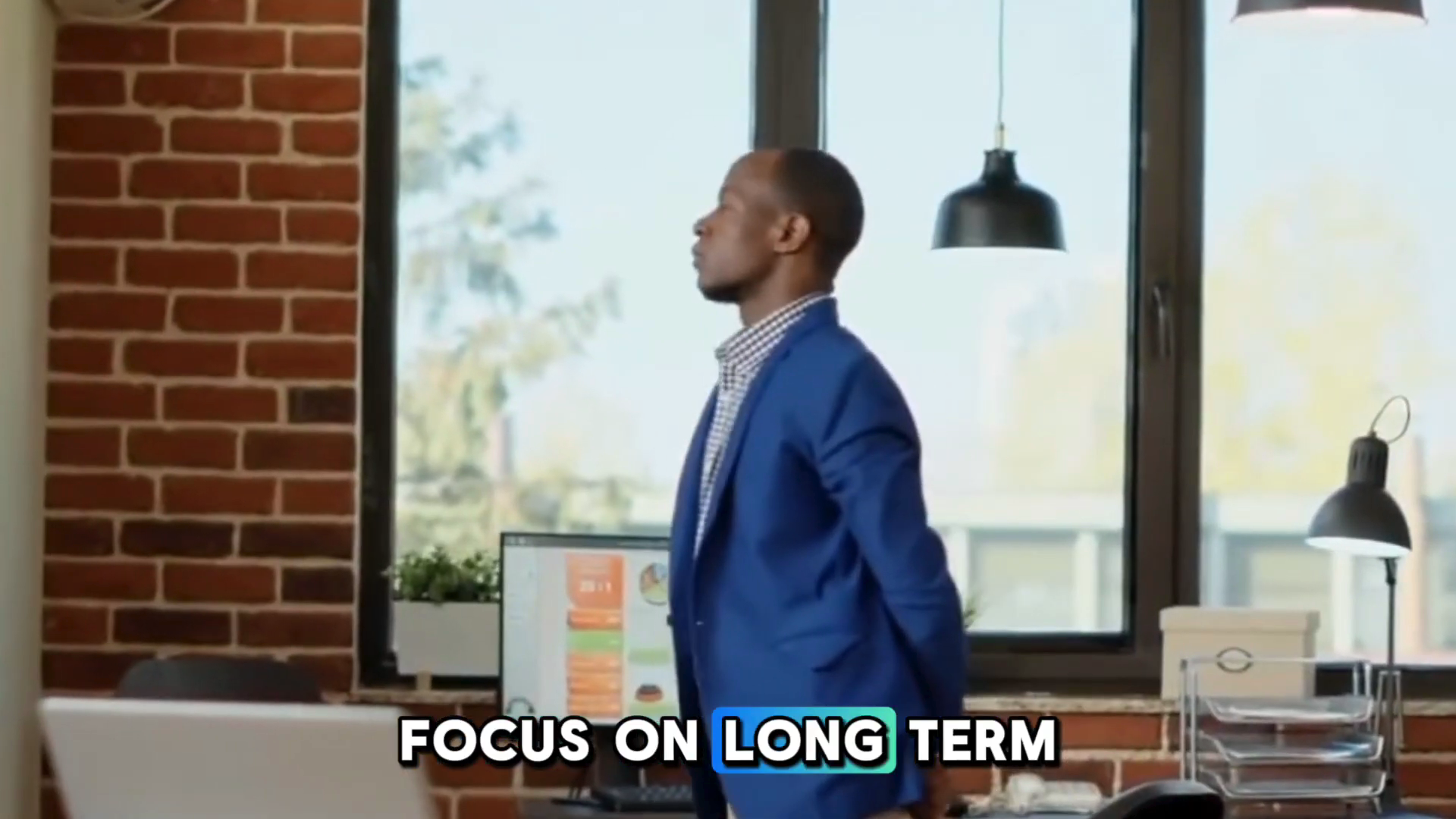
Strategies to Combat Procrastination in ADHD
Understanding the unique challenges faced by people with ADHD can lead to more empathy and effective strategies to combat procrastination. Addressing issues like time blindness, emotional overwhelm, and the need for instant rewards can help them manage tasks better and reduce procrastination.
Time Management Techniques
- Breaking Tasks into Smaller Steps: This makes tasks feel less overwhelming and more manageable.
- Using Timers: The Pomodoro Technique, which involves working for 25 minutes and then taking a 5-minute break, can be particularly effective.
- Creating a Routine: Structuring your day can help in managing tasks and time better.
Addressing Emotional Regulation
- Mindfulness and Meditation: Practices that help calm the mind can reduce feelings of anxiety and frustration.
- Therapy and Counseling: Professional support can offer strategies for managing emotions and developing better habits.
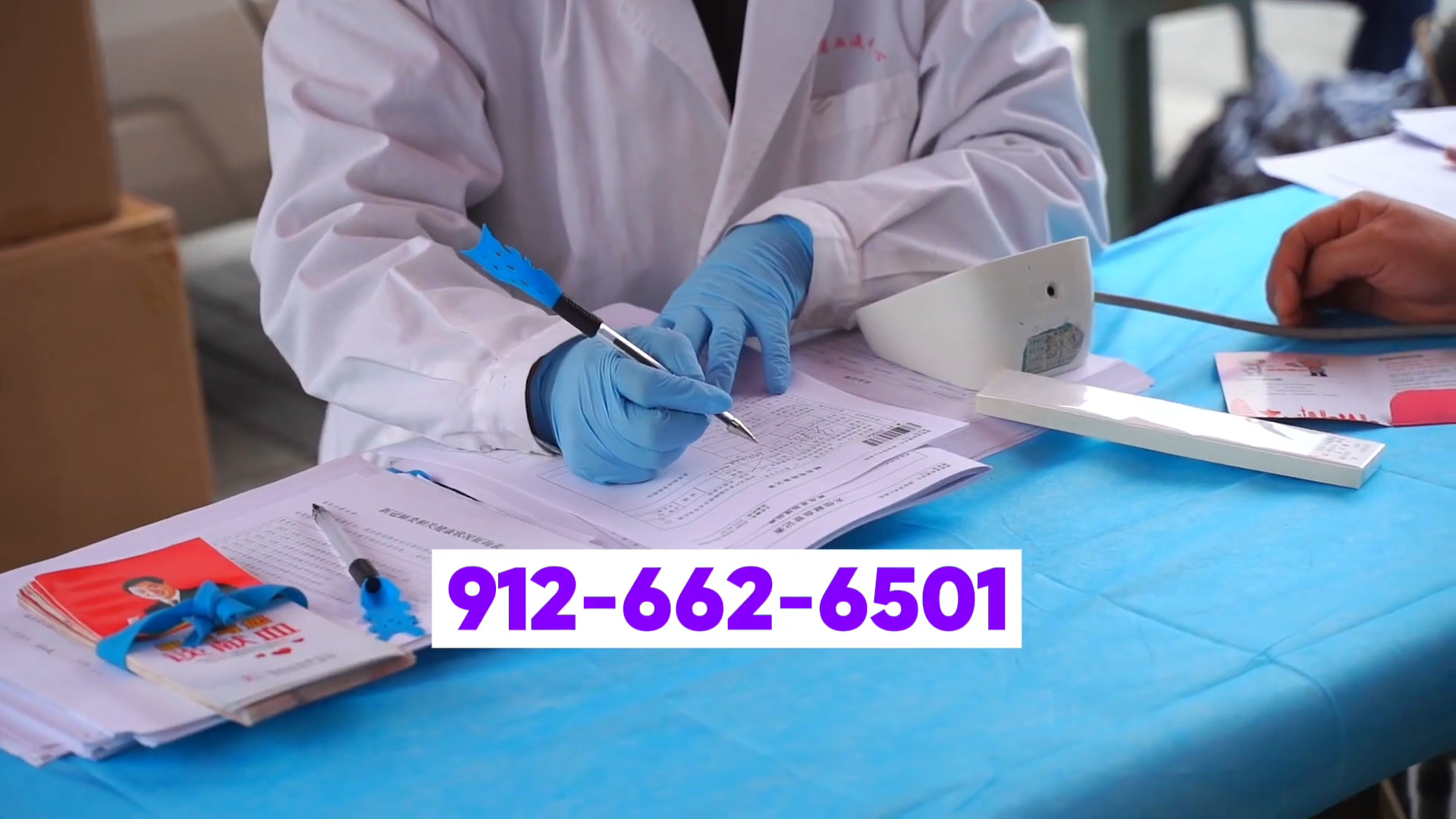
Seeking Help
If you or someone you know is struggling with ADHD, it’s important to seek help. Consider reaching out to DP’s health and wellness at 912-6626-501 for professional guidance. Understanding and addressing the root causes of procrastination can make a significant difference.
Conclusion
Understanding procrastination in people with ADHD requires a look at how their brains work differently. Problems with executive function, the craving for instant gratification, emotional regulation issues, and a skewed perception of time all come into play. By acknowledging these factors and employing targeted strategies, it is possible to manage and reduce procrastination. Don’t forget to like, share, comment, and subscribe for more insights on managing ADHD and improving mental health.
Don’t forget to like, share, comment, and subscribe for more insights on managing ADHD and improving mental health!
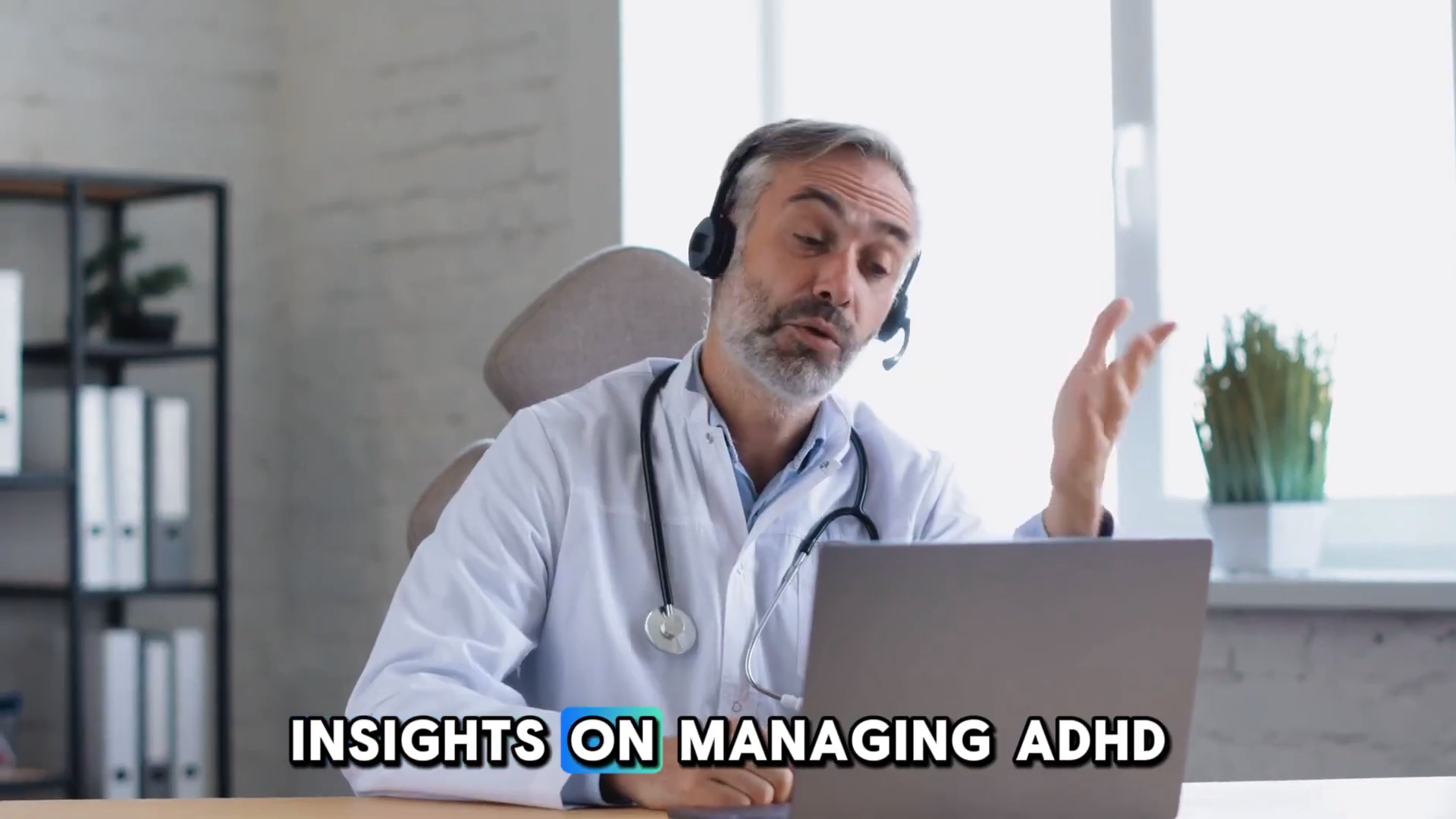

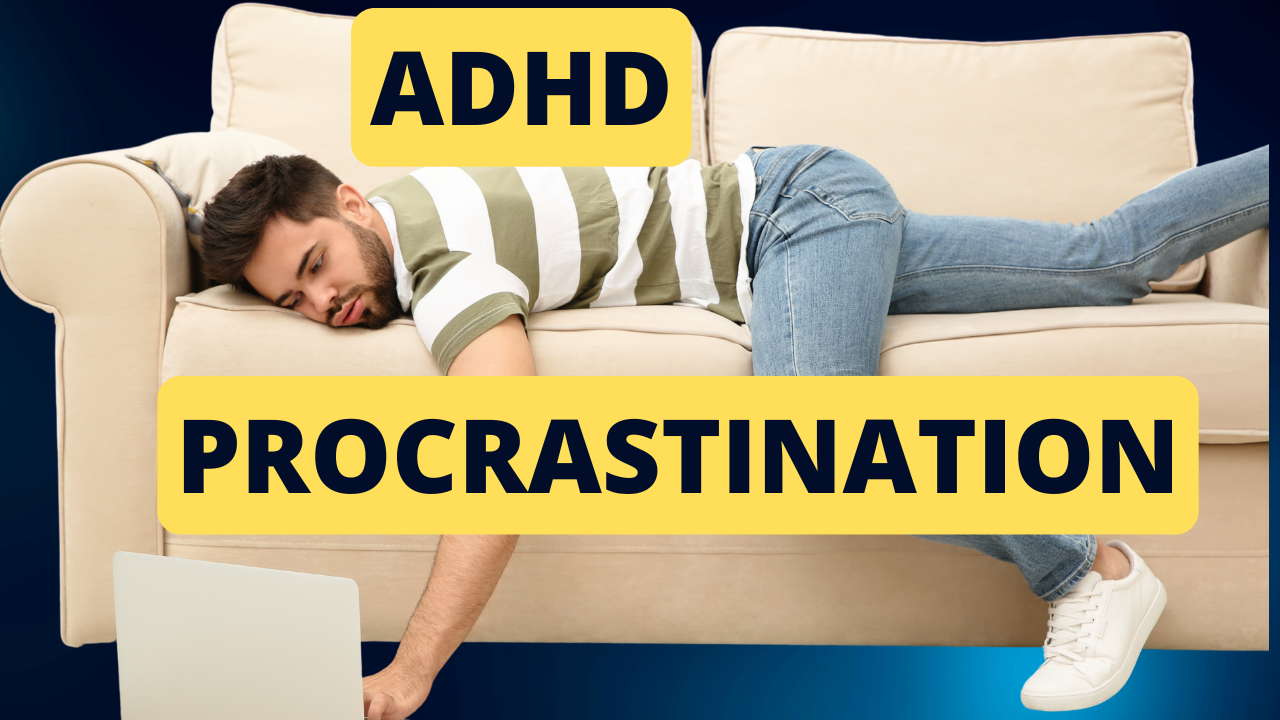

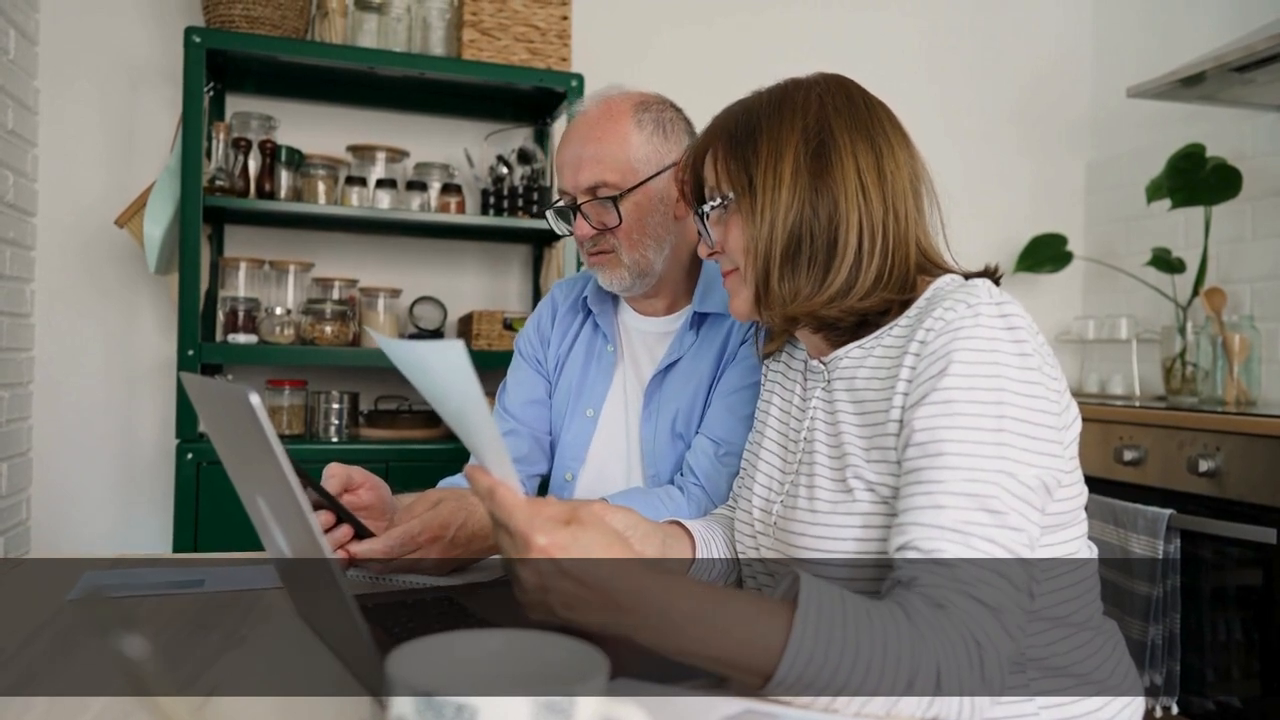 Living with adult attention deficit hyperactivity disorder (ADHD) can seem like you’re navigating a labyrinth without a map. It involves unique challenges that can impact various aspects of day-to-day life. But fear not, my friends! With a handful of effective coping strategies, you can bolster your daily performance and give your overall wellness a much-needed boost.
Living with adult attention deficit hyperactivity disorder (ADHD) can seem like you’re navigating a labyrinth without a map. It involves unique challenges that can impact various aspects of day-to-day life. But fear not, my friends! With a handful of effective coping strategies, you can bolster your daily performance and give your overall wellness a much-needed boost.